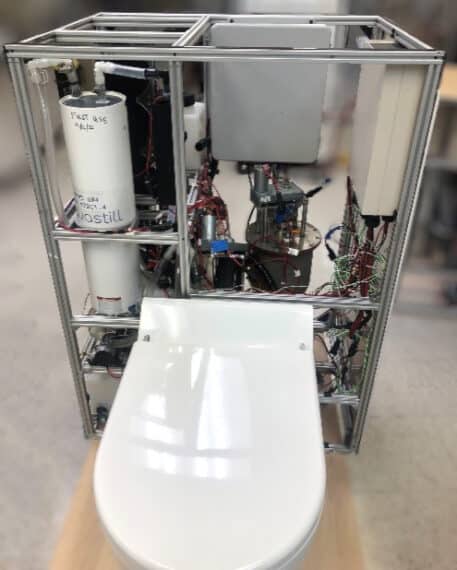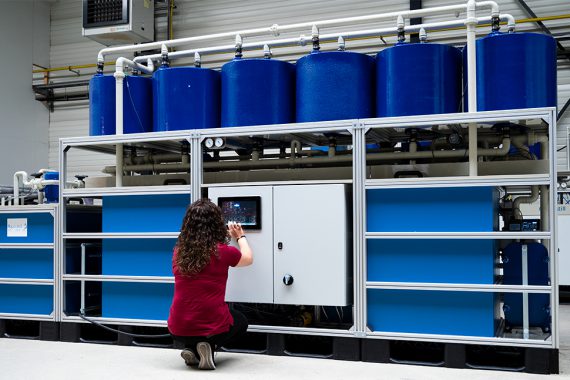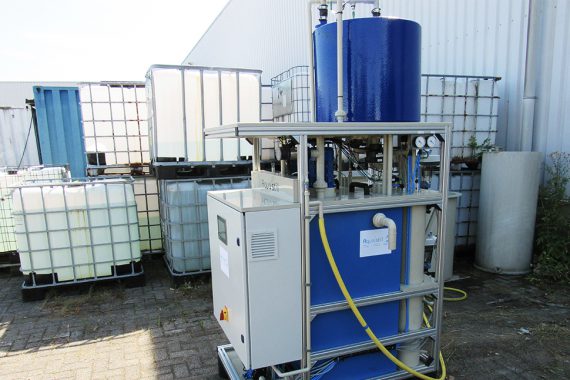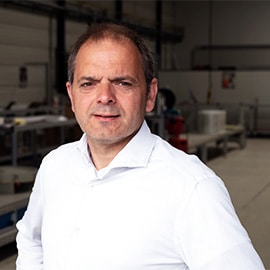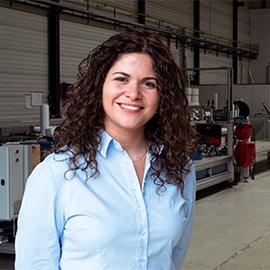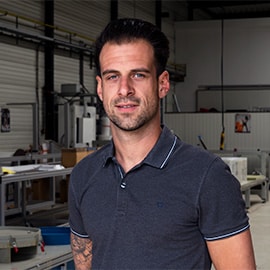Optimal thermal energy management of a distributed energy system comprising a solar membrane distillation plant and a greenhouse
Authors: Juan D. Gil, J.D. Álvarez, Lidia Roca, J.A. Sánchez-Molina, Manuel Berenguel, F. Rodríguez
Summary: The scarcity of water experienced in Almería (south-eastern Spain), and in Mediterranean countries generally, has the potential to compromise one of its main economic drivers – agriculture. A possible solution is to combine thermal desalination technologies with crop cultivation. Accordingly, this paper proposes a distributed model predictive controller for the efficient operation of a distributed energy system comprising a solar-powered membrane distillation facility and a greenhouse, which is the most widespread type of crop cultivation in this region. The controller is in charge of calculating the optimal feed flow rates for each of the membrane distillation modules included in the desalination facility, according to the water requirements of the greenhouse and the thermal energy consumption of the membrane distillation plant (one of the main weak points of the technology). Simulation results using models for two real facilities located in Almería are presented; they show how the proposed distributed approach is able to manage industrial-scale plants in an optimal way. In addition, automatic operation is compared with manual operation (a non-optimal one), showing that the operation’s thermal efficiency can be improved by 5 % when applying the proposed technique, while satisfying the water demand. This means important thermal energy savings of around 50 MWh/season less thermal energy consumption for an 8 ha cultivation area.
Read more
Projects
Team
sustainable heat

desalinates water
